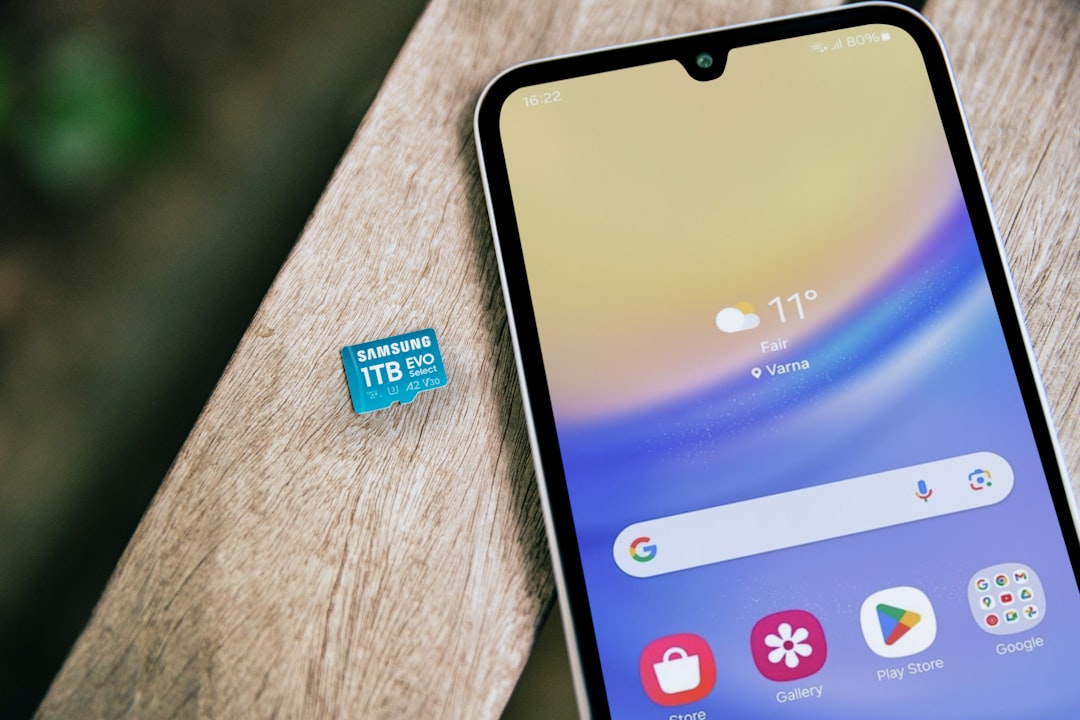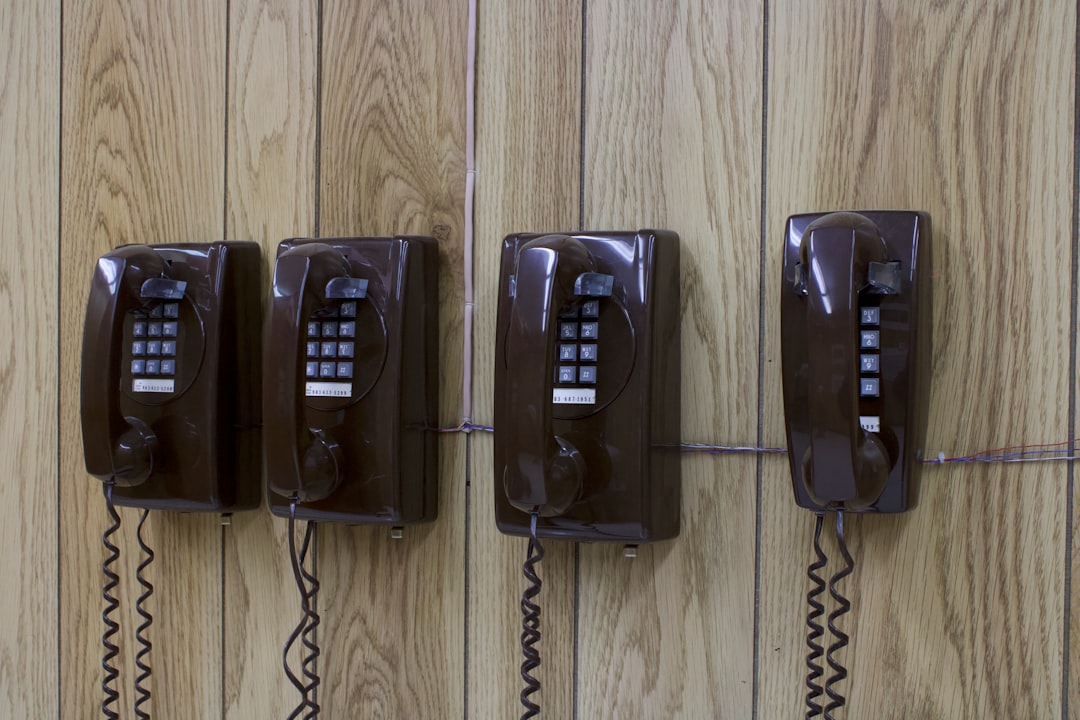Illinois enforces robust robocall laws, including the Telephone Consumer Protection Act (TCPA), to curb intrusive automated calls. Residents can register on the Do Not Call list and use call-blocking apps to track and identify spammers. Advanced blocking technologies analyze patterns to adapt to new tactics. Reporting robocalls is vital for enforcing these laws, protecting privacy, and ensuring peace of mind.
Illinois residents face a growing onslaught of unwanted robocalls, but state laws offer protections. This comprehensive guide details step-by-step techniques to combat these automated calls. From understanding Illinois’ robust do-not-call regulations and identifying suspicious callers to leveraging advanced blocking technologies, you’ll learn how to reclaim your phone lines. Additionally, discover the power of reporting robocallers to enhance collective protection against fraudulent activities.
Understanding Robocalls and Illinois Laws

Robocalls, automated phone calls or texts sent en masse, have become a ubiquitous yet often nuisance in modern communication. In Illinois, as in many states across the country, robocalls are regulated by specific laws designed to protect residents from unwanted and fraudulent calls. The Illinois Robocall Laws aim to give consumers more control over their phone lines, ensuring they can receive communications they want and blocking those that are unsolicited or deceptive.
Understanding these laws is crucial for anyone looking to protect themselves from robocalls. Illinois has implemented measures such as the Telephone Consumer Protection Act (TCPA), which prohibits certain types of automated calls without prior express consent. This includes sales or marketing calls, debt collection attempts, and other commercial communications. Consumers in Illinois also have the right to register their phone numbers on the state’s Do Not Call list, further limiting the number of robocalls they receive.
Identifying and Tracking Robocallers

Identifying and tracking robocallers is a crucial step in the process of blocking unwanted automated calls, especially within the framework of Illinois’ robocall laws. With advancements in technology, tracking these callers has become more accessible. Consumers can use call-blocking apps that offer features to identify and log suspected robocalls, providing valuable data on common caller patterns and numbers. These apps often utilize real-time databases and community-based reporting systems to stay updated with the latest known spammer numbers.
Additionally, Illinois’ strict robocall laws empower consumers to take action against persistent or malicious callers. By documenting the frequency and nature of these calls, individuals can file complaints with relevant authorities, who may investigate and take legal measures against violators. This process not only helps in blocking current robocalls but also serves as a deterrent for potential spammers targeting Illinois residents.
Implementing Do-Not-Call Lists in Illinois

In an effort to combat robocalls, Illinois has implemented strict Do-Not-Call (DNC) laws that residents can leverage to block unwanted automated calls. The first step for Illinoisans is to register their phone numbers on the state’s official DNC list. This simple process involves visiting the Illinois Secretary of State website and following the instructions to opt-out of marketing and sales calls. Once registered, Illinois’ laws prohibit telemarketers from calling listed numbers without explicit consent.
Additionally, consumers can take advantage of third-party call-blocking apps and services that further filter out robocalls based on advanced algorithms and community-sourced data. These tools not only block known spam calls but also learn to recognize new patterns, offering an extra layer of protection against the ever-evolving tactics of scammers and telemarketers.
Utilizing Advanced Call Blocking Technologies

In Illinois, where robocalls have become a significant nuisance, advanced call blocking technologies offer a robust solution. These innovative systems go beyond simple blacklisting by employing sophisticated algorithms and machine learning to identify and block automated phone calls. By analyzing patterns, voice signatures, and other unique characteristics, these technologies can distinguish between legitimate calls and robocalls, ensuring that only human-initiated interactions reach their destination.
Illinois residents have a right to privacy protected by law, and advanced call blocking tools respect this right while providing an effective shield against unwanted robocalls. These systems are continually updated to adapt to new tactics employed by scammers and automated call services, making them a dynamic defense mechanism. With the help of such technologies, Illinois folks can regain control over their phone lines and enjoy a quieter, more peaceful communication experience.
Reporting Robocalls and Protecting Your Rights

In Illinois, reporting robocalls is a crucial step in protecting your rights and those of your community. According to the Robocall Laws in Illinois, consumers have the right to register their phone numbers on the state’s Do Not Call list. This list prohibits automated or prerecorded calls from marketing purposes. By registering, you can significantly reduce the number of unwanted robocalls received.
Additionally, various consumer protection agencies and non-profit organizations offer tools and resources to identify and report robocalls. These entities often collaborate with telecom companies to trace and disrupt illegal calling campaigns. Reporting suspected robocalls not only helps in blocking future calls but also contributes to a broader effort to enforce Robocall Laws and safeguard consumers’ privacy and peace of mind.






